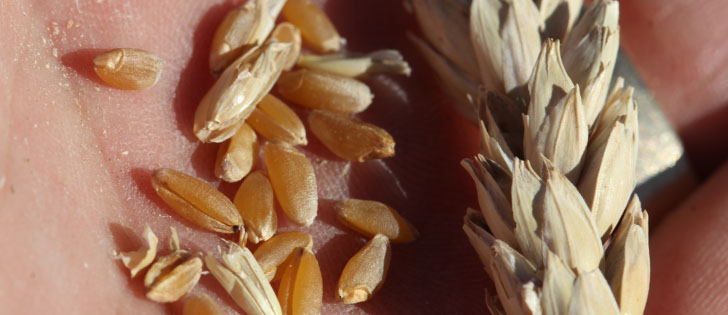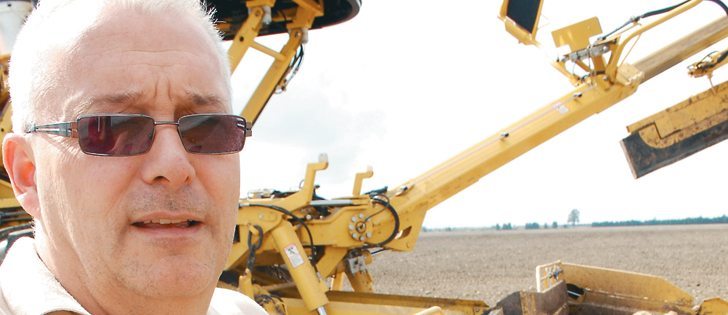For Ogema, Sask., farmer Perry Johnson, hunting means more than extra meat in the freezer.
For him, it’s an enjoyable pastime that provides a sense of camaraderie.
“Lots of people even make a holiday out of it,” he said.
But sometimes hunting receives bad publicity.
Stories circulate of hunters shooting livestock or hunting outside regulated seasons or zones.
In 2008, conservation officers in Saskatchewan charged 14 hunters with trespassing, which, when compared with the number of hunters, isn’t high.
Read Also

Organic farmers urged to make better use of trade deals
Organic growers should be singing CUSMA’s praises, according to the Canadian Chamber of Commerce.
“Fourteen charges for a whole year isn’t bad,” said Gary Provencher, a conservation officer with Saskatchewan’s environment ministry.
A farmer who finds livestock shot by hunters is even more rare, said Kelly Semple, executive director of Hunting for Tomorrow.
She believes a lot of the negative perception about hunters stems from confusion about the difference between licensed hunters and poachers.
“Poachers don’t follow the rules,” she said.
Licenced hunters have to go through a regulated training program before they are allowed to hunt.
Johnson has never had a problem with hunters. They’ve always asked permission before hunting on his land, and he’s never had cattle shot.
The only problem Johnson has noticed is that there seems to be fewer people hunting in his area, which is affecting the local wildlife population.
“We’re seeing an increase in deer herds. They’re starting to bother the haystacks in the winter, and more are getting hit by cars.”
He said there have also been more coyotes, which results in more attacks on livestock.
Semple said population control is one of hunting’s benefits, as is environmental protection.
“(Hunters) want to reconnect with nature,” she said.
“They have a better appreciation of it, and so they end up being more mindful of the environment.”
Darrell Crabbe, executive director of the Saskatchewan Wildlife Federation, said hunting also has economic benefits.
“In terms of tourism (in Saskatchewan), hunting and angling are only second to gaming,” he said.
In a three-year-old economic evaluation of Saskatchewan’s hunting and fishing industry, the provincial environment ministry said hunting and fishing expenditures in 2005 totalled more than $300 million.
Most of the money was spent in rural areas, particularly through retail and travel spending.
In a recent report, Hunting for Tomorrow said that in 2008, hunting and fishing resulted in more than $800 million in spending in Alberta.
In Manitoba, 2008 licence sales brought in slightly less than $4 million.
Despite a reduction in hunting in some parts of the Prairies, interest appears to be high for the most part.
In 2007-08, Alberta sold approximately 420,000 hunting licences, a record high for the province. Saskatchewan sold 208,899, its highest since 1997, and Manitoba sold 88,012.
To further increase participation in the sport, Saskatchewan will allow hunting on Sundays this year for the first time.
“We’re hoping to get more people to return back to hunting, particularly those who stopped because they never had the chance to go out,” Crabbe said.














